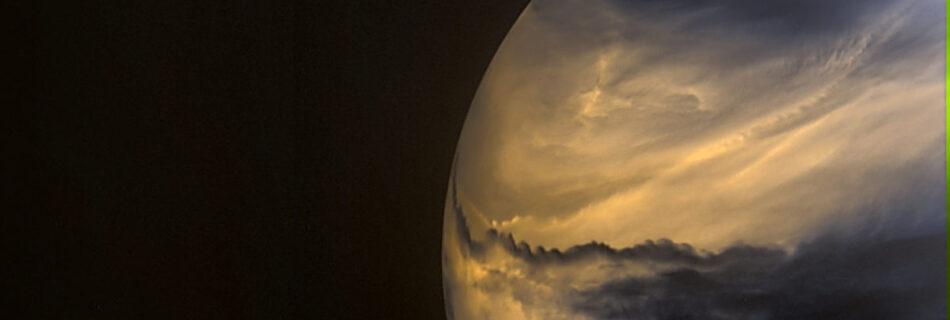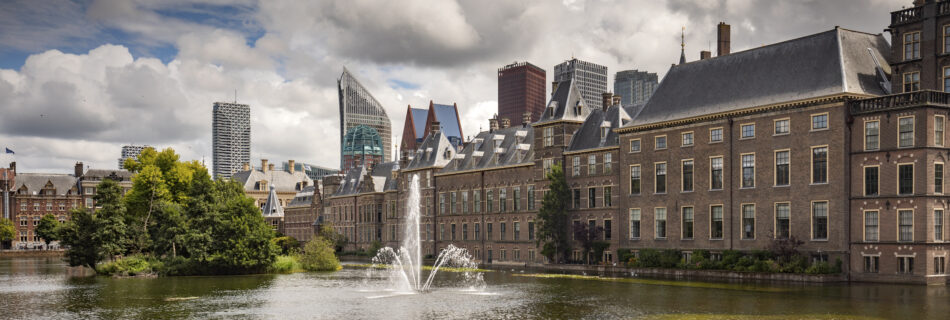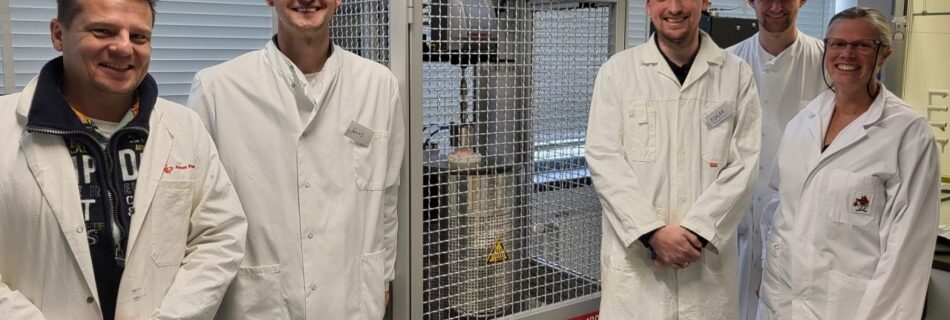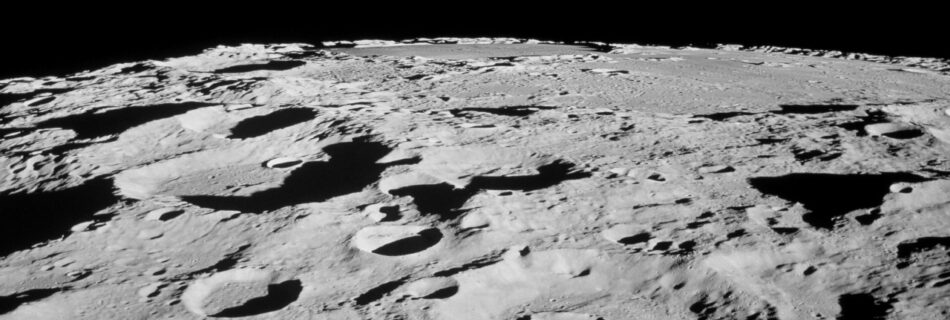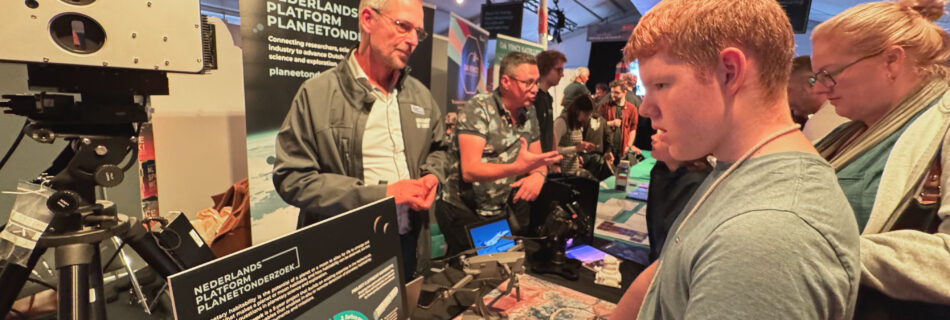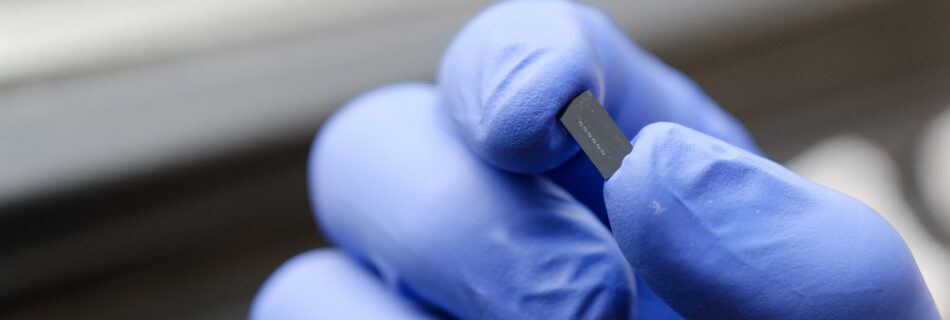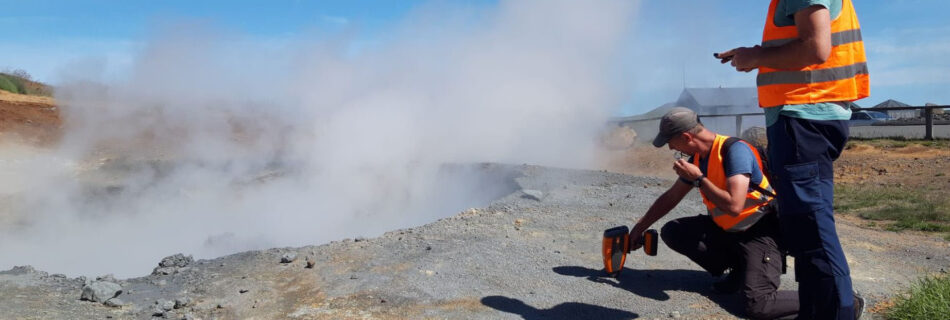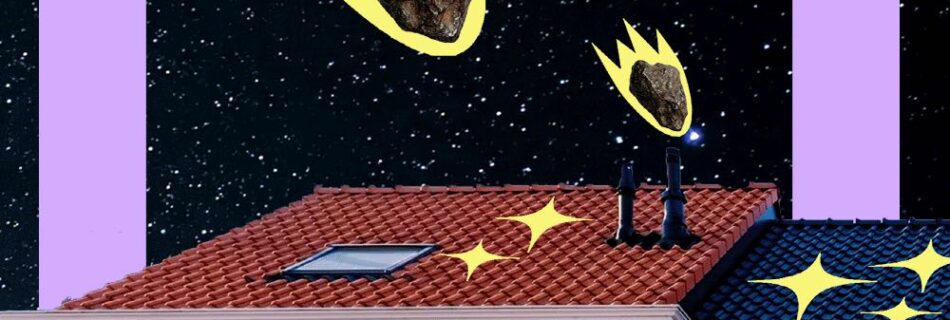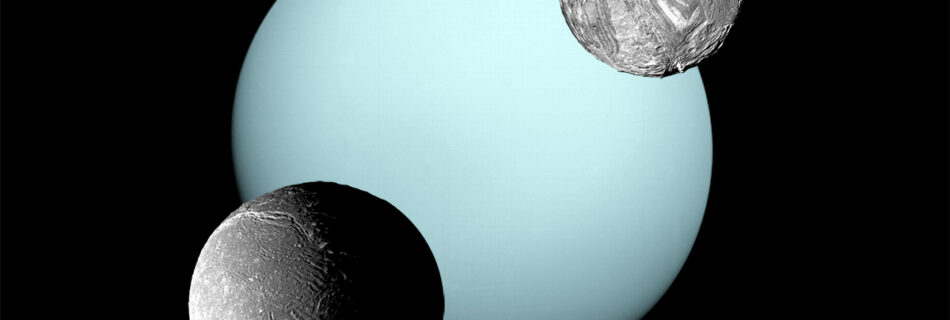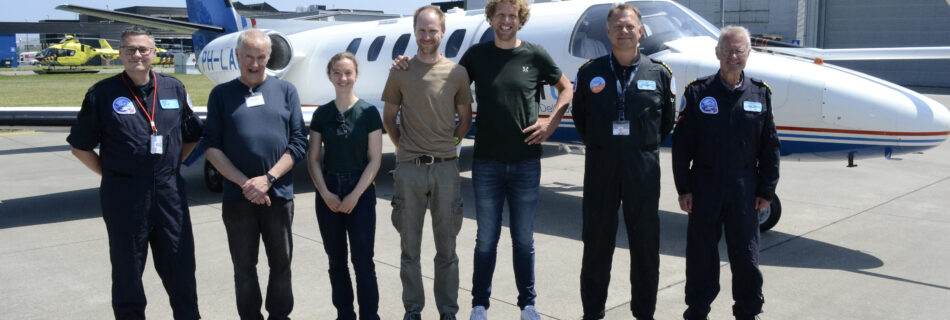Three projects funded for studies of JUICE, Ganymede and Venus
Funding from the 2025 programme “Use of space infrastructure for Earth observation and planetary research (GO)” will be divided among nine research projects focusing on two themes: Earth observation research and research into planets and other objects within our solar system. NSO and NWO (the Dutch Research Council) have granted more than €3.3 million to …
Read more “Three projects funded for studies of JUICE, Ganymede and Venus”

